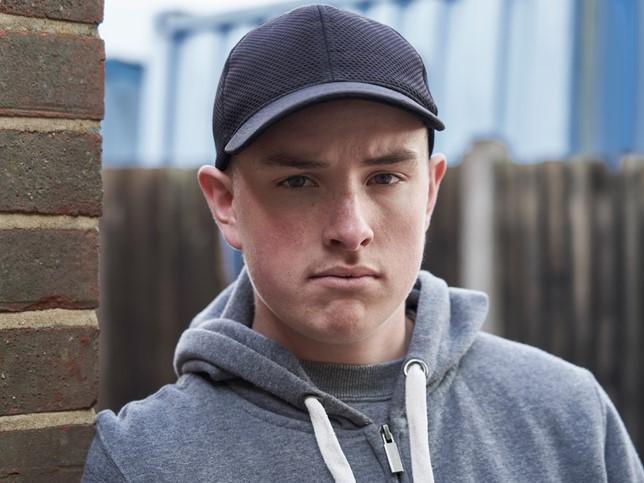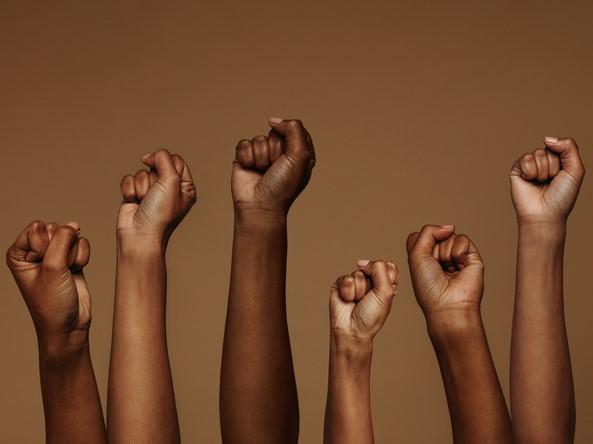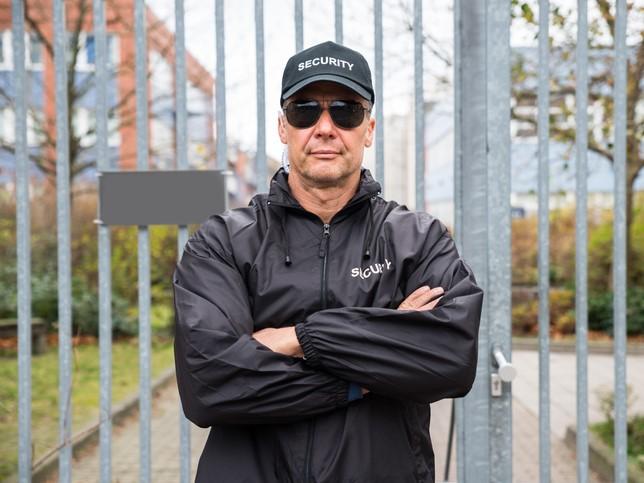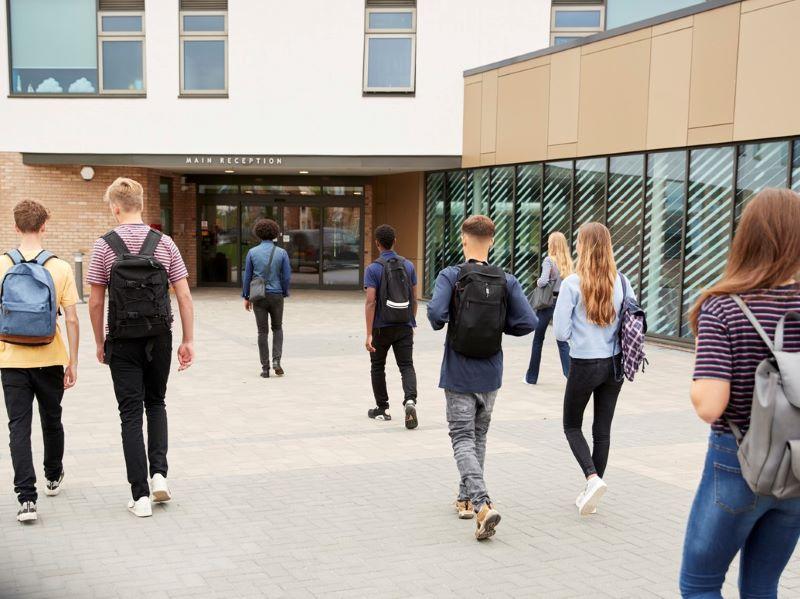
Tips for involving young people in research in meaningful ways
To effect real transformation, research must be carried out with young people, who should be made aware of the key role they play and knowledge they bring to the process
Research management
Sponsored by
Elsevier helps researchers and healthcare professionals advance science and improve health outcomes for the benefit of society.

You may also like
Popular resources
The phenomenon of “underachievement” among boys and young men, particularly those from poor communities, is long term, systemic and replicated across the globe. The issue has been well researched, and much of that research is rightly concerned with understanding the why and how as well as ways to improve their attainment. It is, however, incredibly stubborn, and the educational gap, favouring girls, remains largely unchanged. At Ulster University, we took a fresh approach to addressing this issue.
We posit that research seeking to effect real transformation is more effectively done when conducted not on or for, but rather with young people. This is even more important when working with groups who are routinely disenfranchised and marginalised. By involving boys and young men in our research from the outset, we enabled real and sustainable transformation. Drawing on the process of our Taking Boys Seriously (TBS) research, we share our top tips towards meaningful involvement of young people in research.
The key word to remember is: CHANGE
C = Change the narrative
Young people – and particularly those from poorer communities – frequently hear negative messages about themselves. We are all more inclined to engage in processes that make us feel good about ourselves, so when designing research with young people seek to affirm them. Avoid pathologising and, instead, focus on strengths. For example, ask what they like rather than what they don’t like, what works for them rather than what doesn’t. This creates a positive energy towards engagement and ultimately change.
- How can universities ensure all new students feel welcome?
- So, you want to reach out? Lessons from a ‘science for all’ programme
- Digital exclusion hits students hardest at the start of their journey
H = Hear and value young people
Being seen, heard and known is an important aspect in enabling young people to engage. Ensure they know that they are central to the research and that their contribution is not only valued but will make a difference. Use creative methods for building strong, trusting relationships, for example, detailing memorable moments, storytelling and so on. Also, embed the principles of (1) meaning: they know what the issue is and why it needs to change; (2) control: they are involved in shaping the research design and their participation in it; (3) connectedness: they understand they are part of the bigger picture and can see how their contribution impacts beyond themselves through real examples of change.
A = Ask for support
Ensure that the research has backing from those involved in an “ecosystem” that can enable real systemic change. Create avenues and opportunities for young people to use their voice in these arenas, for example through video vignettes presented at conferences or posted online where voice can be expressed in less intimidating environments or through young people’s summits where the power balance tips towards the youth. Fostering partnerships across sectors and disciplines with young people at the centre requires perseverance, trust-building and resourcing.
N = Notice and recognise expertise
Never forget that young people are experts in their own lives, and with the right support and methods are well placed, alongside educators, to inform research aimed at creating sustainable change. Asking young people to articulate and try out new ways of working informs an evidence base of what works and simultaneously changes and embeds new ways of working. This method creates ownership by young people that contributes to sustainable change. It often requires that the adults involved, who may perceive themselves as “more” expert, suspend ego and really listen to what young people have to say.
G = Gift
It has been very helpful in our research to perceive stakeholders as having a gift they can offer to effect real, long-term, sustainable change. The benefits are that we enhance our strengths-based narrative, consider what we can offer as individuals and organisations and acknowledge that none have all the solutions. This enables young people to think about the gift they owe to themselves and locate their experience in the wider context, so they do not blame themselves for things they cannot control. It is equally important for young people to be rewarded for participation. Examples of reward have included recognition by the university through certificates and lapel pins, the opportunity to attend a summit where they were able articulate ideas and are commended for participation and even 20 per cent off at Irish pizza chain Four Star Pizza with a TBS lapel pin.
E = Ethics
When working with young people, first and foremost, do no harm. Balance risk with benefits. Ensure that the research aim is focused on improvement. Gain assent from young people who wish to participate, and remember that their refusal is a right. Involve parents and guardians, providing them with as much information as possible to help them support their children and acknowledge their gift to the ecosystem enabling young people to thrive.
Conclusion
We have found that involving boys and young men has enhanced our outcomes and impacts in ways that surpassed expectations. A steering group made up of organisations that work closely with young people in both formal and informal education, alongside advisory groups of boys and young men, kept us fully accountable to and guided by those we aim to help and support. Our gift has been research to build an evidence base to support transformation in policy, pedagogy and practice.
Susan Morgan is lecturer in the School of Applied Social and Policy Sciences; Andy Hamilton is a research associate, widening access and participation; and Brian Murphy is director of academic business development, all at Ulster University, Northern Ireland.
Ulster University has been shortlisted for Outstanding Contribution to the Local Community at the Times Higher Education Awards 2022. A full list of shortlisted candidates can be found here, with the winners due to be announced at a ceremony on Thursday 17 November.
Academics and university leaders from across the UK and Ireland will come together this week at THE Campus Live UK&IE to talk about institutional strategies, teaching and learning, the student experience and more. Join us for this two-day event in London.
Research management
Sponsored by
Elsevier helps researchers and healthcare professionals advance science and improve health outcomes for the benefit of society.
Additional Links
Research management
Sponsored by


